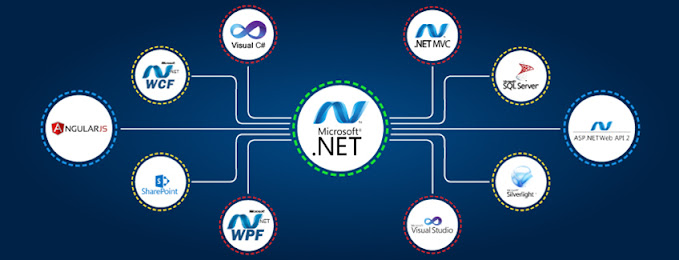How DevOps Drives Innovation in Cloud Development and Operations
In today’s fast-paced digital era, DevOps services have emerged as a cornerstone for driving efficiency and innovation in cloud development and operations. By fostering a culture of collaboration and automation, DevOps bridges the gap between development and operations teams, enabling businesses to deliver software faster, more reliably, and with greater agility. Companies leveraging DevOps are reaping DevOps top benefits, which include accelerated development cycles, enhanced scalability, and improved system reliability.
Unleashing the Potential of Cloud DevOps Services
The integration of DevOps principles with cloud platforms has revolutionized how businesses approach software development. Cloud DevOps services combine the flexibility of cloud computing with the efficiency of DevOps practices, creating a robust framework for innovation. These services enable continuous integration and continuous deployment (CI/CD), ensuring that applications are delivered seamlessly while maintaining high standards of quality and performance.
By utilizing cloud-native tools and infrastructure, businesses can reduce the complexity of managing applications across multiple environments. This streamlined approach not only enhances productivity but also minimizes downtime, making it a game-changer for organizations aiming to stay ahead in competitive markets.
Key Benefits of DevOps Implementation in Cloud Operations
1. Accelerated Time-to-Market
One of the most notable advantages of DevOps implementation is the ability to bring products to market faster. Automated testing, deployment pipelines, and real-time monitoring reduce the time required to develop, test, and release applications. This speed is critical in cloud environments, where agility and responsiveness are paramount.
2. Enhanced Collaboration and Communication
DevOps breaks down silos between development and operations teams, fostering a culture of collaboration. Tools like Slack, Jira, and GitOps facilitate seamless communication, ensuring that all stakeholders are aligned on project goals. This collaborative approach enhances problem-solving and drives innovation.
3. Improved Scalability and Flexibility
Cloud-based DevOps services allow businesses to scale applications and infrastructure effortlessly. As user demand fluctuates, companies can dynamically allocate resources, ensuring optimal performance and cost-efficiency. This scalability is especially valuable for businesses experiencing rapid growth or seasonal spikes in traffic.
4. Enhanced Security and Compliance
Security is a top concern in cloud operations. DevOps practices incorporate security measures into every stage of the development lifecycle, a concept known as DevSecOps. Automated security testing, vulnerability scanning, and compliance monitoring help organizations safeguard their applications and data while adhering to industry regulations.
5. Cost Optimization
By automating repetitive tasks and optimizing resource usage, DevOps reduces operational costs. Cloud platforms’ pay-as-you-go models, combined with efficient DevOps pipelines, ensure that businesses only pay for what they use, maximizing return on investment.
How DevOps Drives Innovation
DevOps not only improves operational efficiency but also fosters a culture of continuous improvement and experimentation. Through practices such as A/B testing, feature toggles, and canary releases, teams can introduce new features incrementally, gather user feedback, and make data-driven decisions. This iterative approach ensures that businesses can adapt to changing market demands and deliver innovative solutions.
Additionally, cloud DevOps services empower organizations to leverage emerging technologies such as AI, machine learning, and edge computing. By integrating these technologies into DevOps pipelines, companies can unlock new possibilities and deliver cutting-edge applications to their customers.
Uncommon Benefits of DevOps in Cloud Development
While the common advantages of DevOps are well-documented, there are lesser-known benefits that contribute to its growing popularity:
Resilience in Distributed Systems: DevOps practices enhance the reliability of distributed cloud environments, ensuring that applications remain operational even during partial system failures.
Proactive Issue Resolution: Advanced monitoring and alerting tools in DevOps pipelines allow teams to identify and resolve potential issues before they impact users.
Cultural Transformation: Adopting DevOps principles fosters a growth mindset within organizations, encouraging teams to embrace challenges and continuously improve.
Conclusion
DevOps services have become indispensable for businesses seeking to innovate in cloud development and operations. By combining the power of collaboration, automation, and continuous delivery, DevOps enables organizations to achieve faster time-to-market, improved scalability, and enhanced security. Whether it’s through cloud DevOps services or efficient DevOps implementation, the impact of this methodology is undeniable.


.png)
Comments
Post a Comment